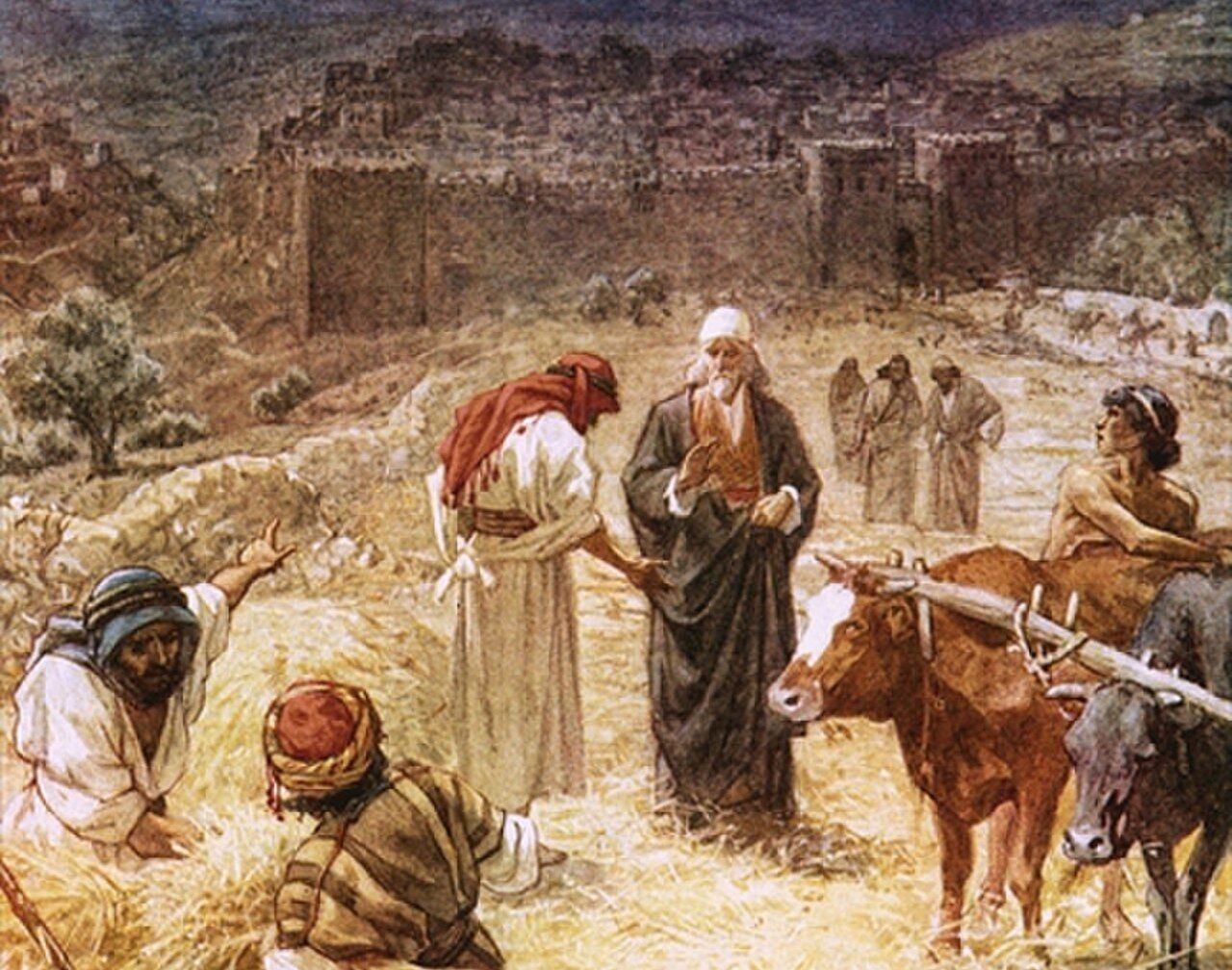One of the final accounts of the storied life of King David relates his sin of issuing a certain census, a devastating plague that ensued, and a resulting command to build an altar on the site of the future temple in order for the plague to be stayed (2 Samuel 24; 1 Chronicles 21). This altar site was at that time a plot of agricultural land, owned by a Jebusite named Araunah. Upon David’s request to purchase the land, Araunah insisted that the king take it for free—David, however, would have none of it, and bought the land at full market value (1 Chronicles 21:24).
This Jebusite individual is a peculiar one—not least due to the constantly varying spelling of his name in the Hebrew text. This strange manner in which the Bible references him has been cause for debate about his real identity.
Archaeological discoveries, highlighted in particular by Prof. Benjamin Mazar, have come to the rescue—bringing some clarity to our understanding of the enigmatic man (or at least, his remarkably peculiar name).
Two Different Names? Actually, Four
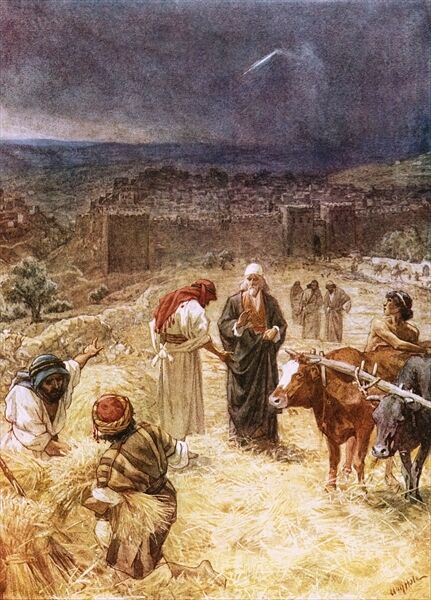
A cursory comparison of the parallel accounts of King David’s life in 2 Samuel 24 and 1 Chronicles 21 reveals, at face value, slightly different names for this individual: Araunah in the former, and Ornan in the latter. This difference in name is hardly problematic, however, and the Chronicles account (penned during the much later Persian period) simply represents a later orthographical version of the name. (Note a parallel example of a modified biblical name: Salmah becoming Salmon. Even David’s name is spelled slightly differently in the Chronicles, compared to the much earlier book of Samuel. Furthermore, the difference between the names Araunah and Ornan is actually less pronounced in the Hebrew spelling than it is in English.)
Where things get particularly interesting, however, is strictly within the original 2 Samuel 24 account itself. Because despite the standard translation of the name into English as Araunah throughout this whole passage, there are actually three different versions of the name given in this chapter.
The most common form used in 2 Samuel 24:16-24 is indeed “Araunah” (pronounced in Hebrew AraVnah, and phonetically represented as ‘rwnh), used seven times in this passage. But the name is also given once in Hebrew as “Avarnah the Jebusite” (verse 16, ‘wrnh), and once as “Arniah the Jebusite” (verse 18, ‘rnyh). Most English Bible translations, however, decided (rather brazenly, one might add) to pick the most common name and translate all of them that way—Araunah.
Why such variations in the name?
Bible commentaries present varying attempts to explain this. The Cambridge Bible for Schools and Colleges (1882) commentary states that the “variety of form is probably due to different attempts to represent a non-Hebraic name.” The Pulpit Commentary (1899) notes that the “name is, of course, a Jebusite word, and the variation arises from the narrators having written down the sound as it caught their ears. In this … it is clear that the chronicler derived his account from independent sources.” And a typical explanation is that at least one, if not more, of the names is simply the result of spelling error.
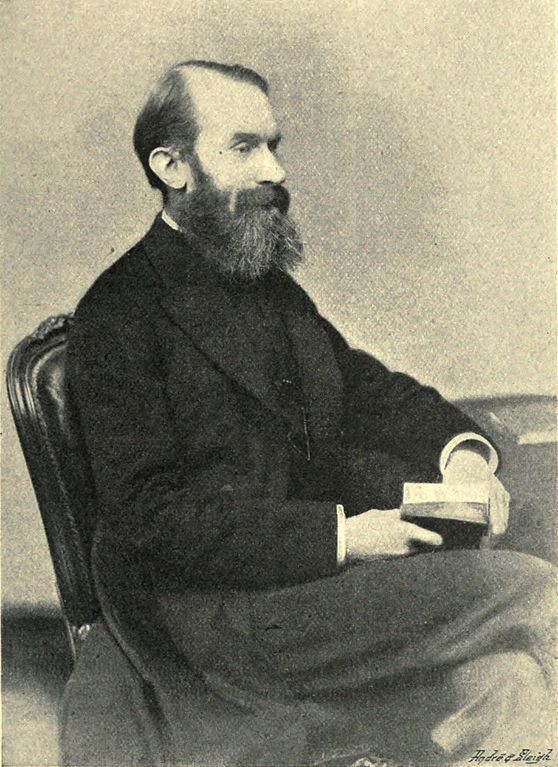
And if four different spellings weren’t enough, the 1906 Jewish Encyclopedia highlights another conjecture, by the 19th-century Bible critic Thomas Cheyne (joint editor of the 1899 Encyclopaedia Biblica), that all are essentially wrong—that the Hebrew “r” should actually be a “d,” thus giving the name “Adonijah” (‘dnyh). (Rather oddly—and boldly—Cheyne for some reason stated of this “un-Hebraic” and “un-Canaanitish” name that “[o]ne has a right to require a definite Hebrew name.”)
The above explanations for such variation within the very same set of verses are somewhat hard to swallow. Could each verse have been a product of “hearing the name differently”? Is there any better conclusion—any rhyme or reason to the differentiation in the name? Not according to the 1899 International Critical Commentary’s rather dismal summation by H. P. Smith (emphasis added): “The original form of the name [of Araunah] can never be recovered.”
Not so fast.
‘The King’
Our first big clue to the answer comes within the Scriptures themselves. Verse 23 of 2 Samuel 24 reads: “All this did Araunah the king give unto the king.” This appears to infer that Araunah was some kind of royal individual—perhaps even a prior king of Jebus, before David captured the city—allowed by King David to continue to own and farm land due north of the Jebusite fortress/City of David.
Yet several of the early commentaries brushed aside this reference to Araunah as a king. Barnes’ Notes on the Bible retranslates the passage to refer only to David, as follows: “the whole O king does Araunah give unto the king.” The Jamieson, Fausset and Brown Commentary notes that this verse is “taken by some to signify simply, ‘he [Araunah] gave with royal munificence.’” From Matthew Poole’s Commentary: “As a king; the particle as being understood, as it oft is in the Hebrew, i.e. with a royal bounty.” From the Geneva Study Bible: “‘All these things did Araunah, as a king, give unto the king.’ … That is, abundantly.”
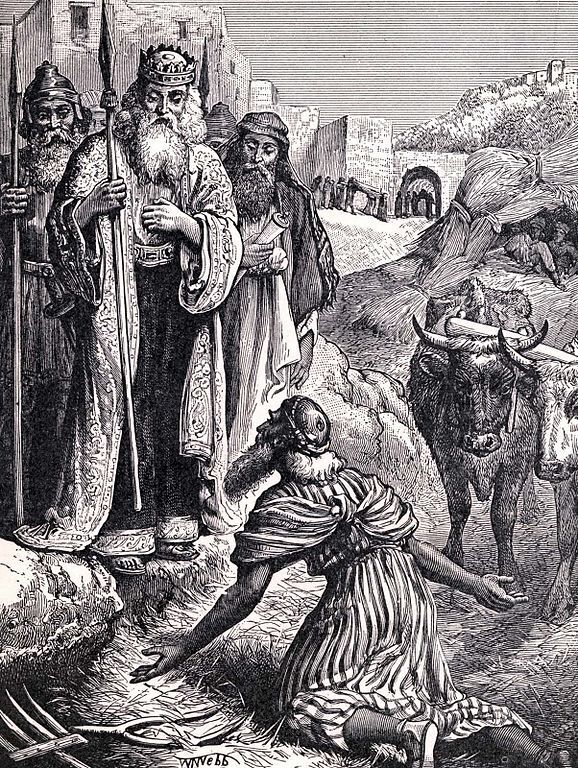
Yet various attempts to retranslate this verse in certain English Bible translations, to say that Araunah gave only “as a king,” or “like a king”—or that Araunah was simply addressing King David with “O king”—strain at the simple Hebrew of the verse: Araunah THE king to the king (David). (Hebrew: הַכֹּל נָתַן אֲרַוְנָה הַמֶּלֶךְ לַמֶּלֶךְ.) The Pulpit Commentary therefore takes it as “highly probable” that “Araunah was the representative of the kings of Jebus, and a titular monarch, like the Maori king in New Zealand” was under the British monarch. The Cambridge Bible for Schools and Colleges accepts this (sort of), but then proceeds to disregard the notion of Araunah as a former king:
Although the rendering, “the whole did king Araunah give unto the king,” is grammatically possible, it is inconceivable that so important a fact as that Araunah was the former king of Jebus should be only mentioned in so incidental a way, and the striking picture drawn by Dean Stanley (Lect. II. 111) of the meeting of the two princes—“the fallen king of the ancient fortress, the new king of the restored capital, each moved alike by the misfortune of a city which in different senses belonged to each”—must be given up as destitute of historical foundation.
None of these commentaries, however, reference a related peculiarity in verse 16, the first time this individual is introduced. (Probably because the form of the name used here was already artificially changed in translations to the more common Araunah.) This verse reads: “And when the angel stretched out his hand toward Jerusalem to destroy it, the Lord repented Him of the evil, and said to the angel that destroyed the people: ‘It is enough; now stay thy hand.’ And the angel of the Lord was by the threshing-floor of Araunah the Jebusite.”
This is the standard translation of this verse. But this is not what the Hebrew says. There are two distinct problems with it. (In fact, of some three dozen different English translations I have checked, every single one changes the Hebrew of this verse to fit with what initially seems more logical—simply “Araunah.”)
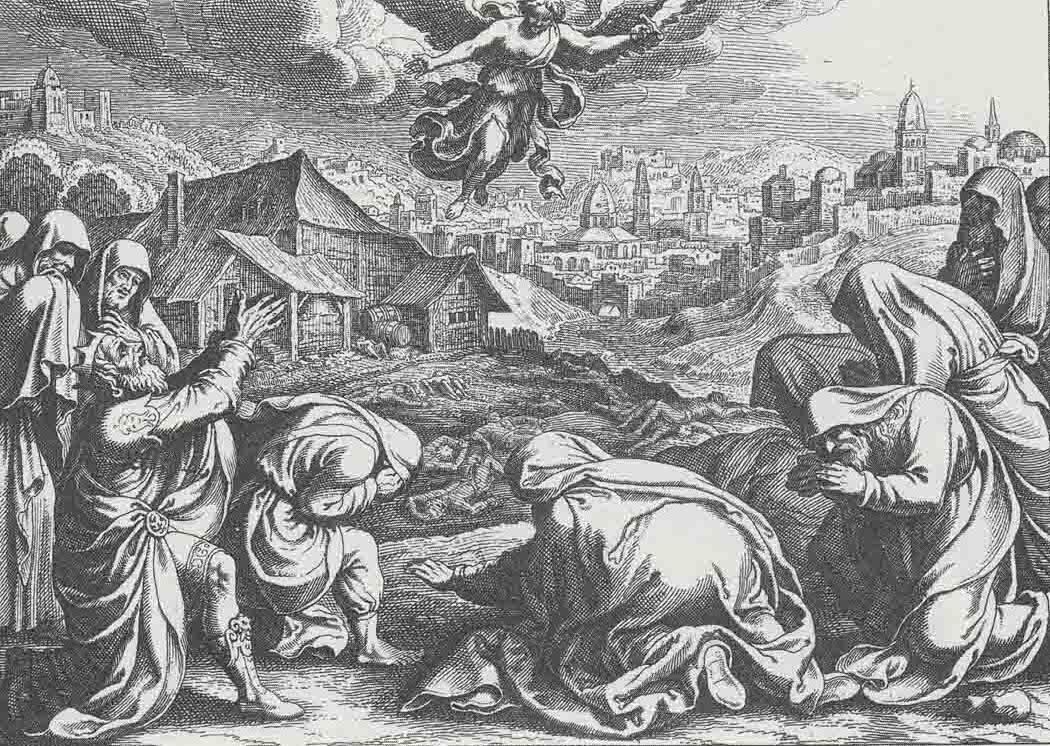
The Avarnah?
Firstly, the name here is not Araunah—it is Avarnah, Auarnah or Awarnah (‘wrnh; the Hebrew letter ו—which can be represented as either “v/u/w”—is spelled on the opposite side of the “r” to the regular “Araunah,” ‘rwnh). And secondly, there is a definite article before the name, omitted by all of these translations: Rather than simply “Araunah the Jebusite,” this verse says in Hebrew, “the Avarnah, the Jebusite”!
It’s one thing to posit a reinterpretation of 2 Samuel 24:23, about what the Hebrew reference to Araunah “the king” really means. It’s another thing entirely for translators to change Scripture to what they think it should have said. (Small wonder, then, the level of confusion about the identity of this individual!)
So what could be the meaning of “the Avarnah/Awarnah”—and how could it relate to Araunah as a “king”? The world of archaeology has shed some fascinating light on this question.
The Hurrians Hurried—to Jerusalem?
First, some wider geopolitical background. Prof. Amihai Mazar, in his book Archaeology of the Land of the Bible: 10,000–586 b.c.e., notes a particular phenomenon that occurred during the early to middle part of the second millennium b.c.e., which would play a role in shaping the population and demographics of the land of Canaan. He notes that the collapse of the northern kingdom of Yamhad (circa 16th century b.c.e.; see the map below) led to an “influx of Hurrian population from northern Mesopotamia into Syria; a thinner stream of these people advanced farther to the south and appeared in Palestine. Thus some change in the ethnic composition of Canaan occurred and was to become an important factor in the following period.”
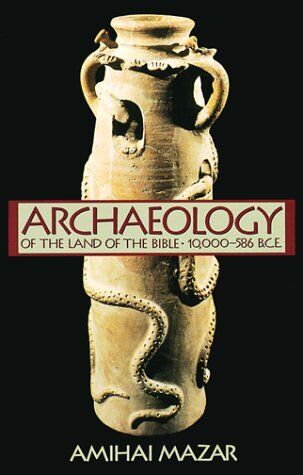
Study on the evidence of Hurrian influx into Canaan was notably conducted by Amihai’s esteemed uncle, sometimes referred to as the “dean of biblical archaeologists,” Prof. Benjamin Mazar. Evidence of such migration can be seen in various aspects of Canaanite history; one example of such evidence is the use of certain personal names and titles. One example is the name of the biblical judges-period “Shamgar.” Another name—this one directly related to Jerusalem—is the circa 14th-century b.c.e. Amarna-period “mayor” of Jerusalem, “Abdi-Hepa” (a name meaning servant of Hepa—“Hepa” is a well-known Hurrian goddess).
And this same Hurrian theme, with a connection to Jebusite Jerusalem, can also be seen in the case of our Araunah. In his book Canaan and Israel (Hebrew language, translation ours), Professor Mazar wrote:
These [other Hurrian names described earlier in the chapter] bring to light another fact. In the story of the building of an altar on Mount Zion by David, the last Jebusite governor of Jerusalem is called by the name Arawnah, and once as Ha-Awarnah (with the definite article) the Jebusite, showing that Arawnah-Awarnah is not a personal name, but rather the title of the ruler of Jebus: Aravnah the king (note verse 23).
It seems to me that here before us is the common Hurrian word ewri-ne (or ewar-ne), in Ugaritic documents as ‘ewrn, whch consists of ewri (or ewar, in the Nuzi texts also switching the letters—erwi), meaning lord (as in the sense of the owner of the town, or a feudal lord), and the genitive suffix -ne, which sometimes also serves as a definite article.
A Northern Title—In the South
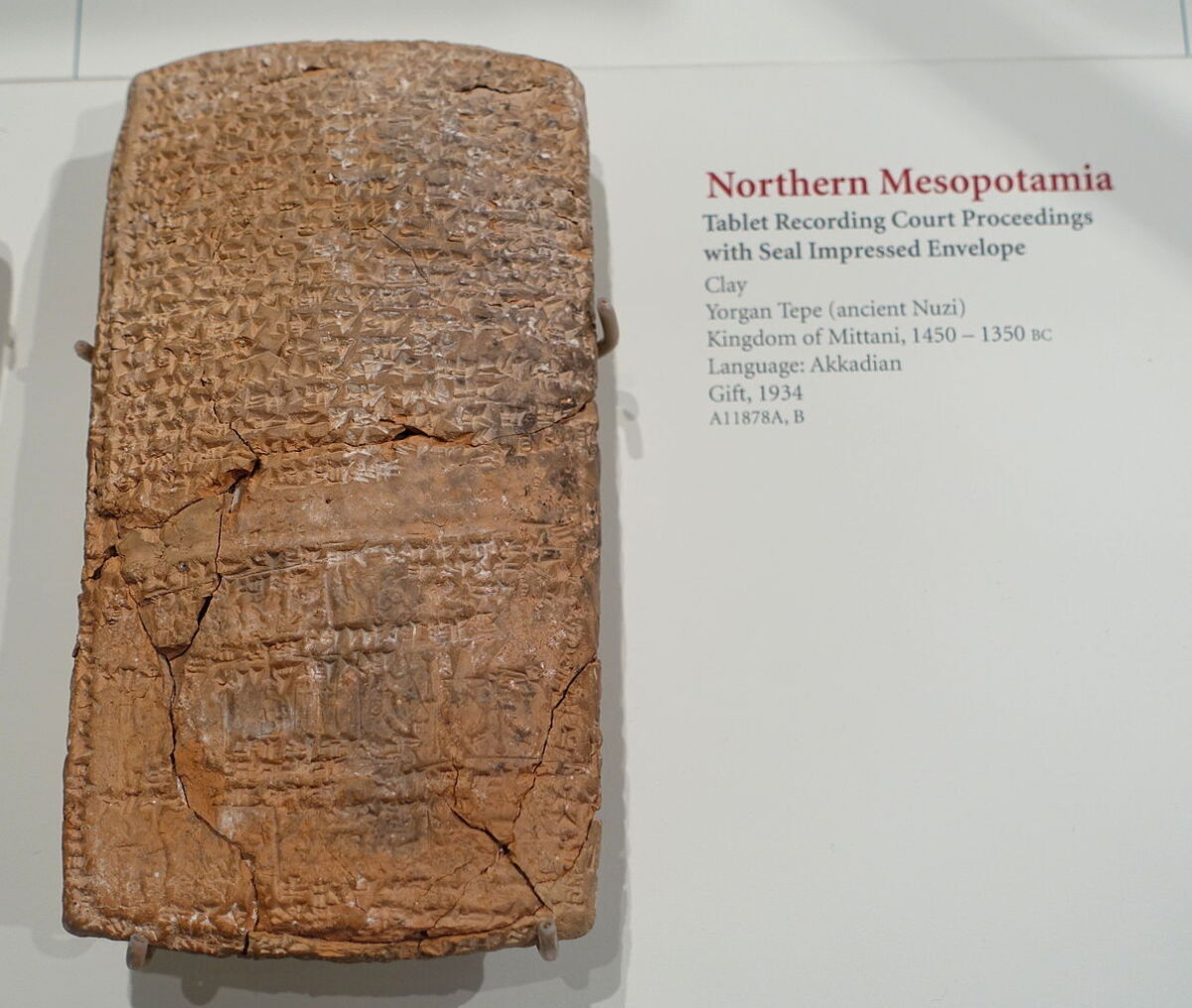
Some additional background. Mazar’s above-cited Nuzi texts, for example, constitute a huge trove of some 5,000 tablets, largely dating to the second millennium b.c.e., discovered during the 1920s and ’30s excavations of the ancient city of Nuzi (in northern Iraq). They, along with related troves of second-millennium b.c.e. inscriptions from the northern Syrian city of Ugarit, have proved to be a treasure trove for understanding ancient language, geopolitics, commerce and everyday life.
In light of these documents, we now have archaeological precedent for the use of both forms of Araunah’s name—Arau-nah (phonetically ‘rw-nh, equivalent to the Hurrian erwi-ne) and Avar-nah (‘wr-nh, equivalent to ewri-ne).
In a research paper titled “Evidence for an Early Iron-Age, Neo-Hittite Textual Layer in the Bible,” Dr. Davide Ventura writes along similar lines, of the name “Araunah”:
Today, modern scholars have realized that the term closely fits in with a common noun in Hurrian, a language that went extinct in the course of the Iron Age, but was still spoken in Syria and northern Mesopotamia around the year 1000 b.c. Hurrian has a term for “king” that is ewri in its western, Syrian variant, and erwi in its Mesopotamian one (as found in the Nuzi texts). –ne is the definite article in that language, such that ewrine or erwine just meant “the king” (Speiser 2016, 68).
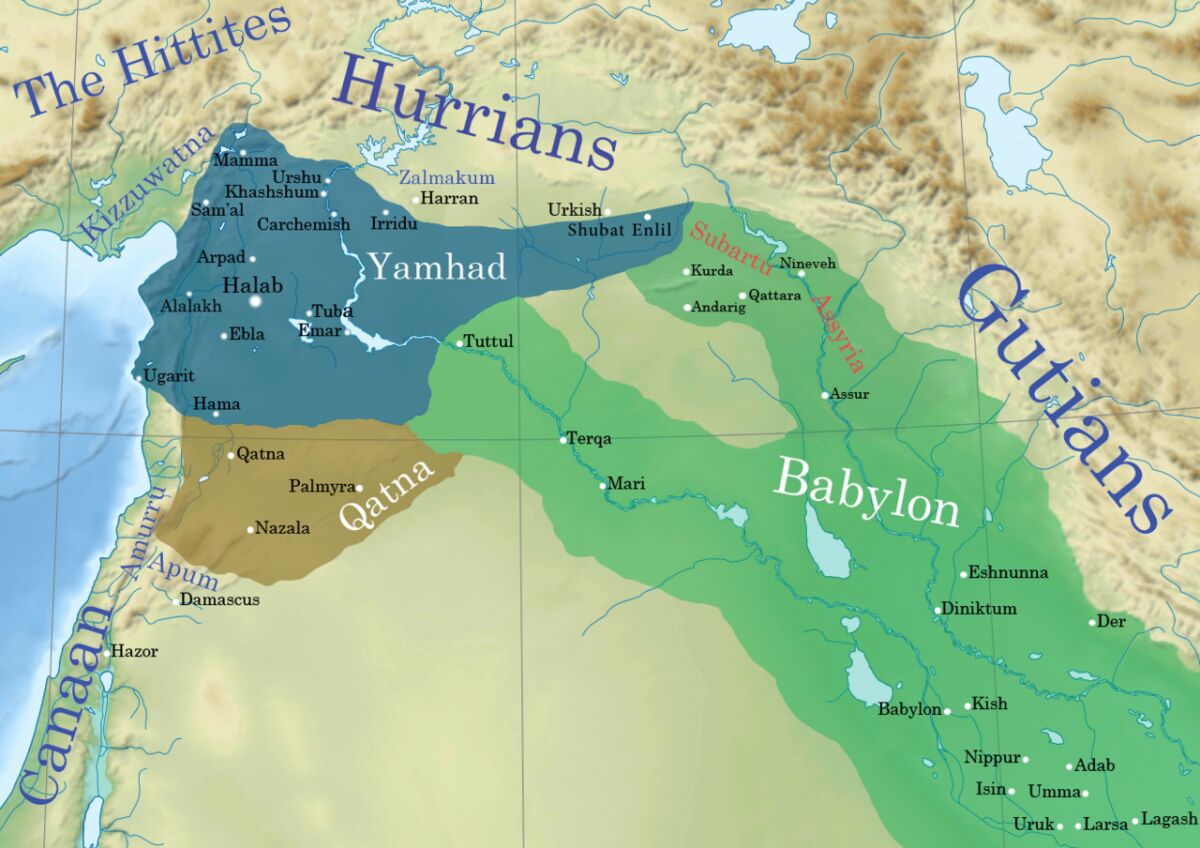
And from Prof. Gary A. Rendsburg, in his research paper “A New Look at Pentateuchal HW”:
The Bible informs us that a certain Jerusalemite (probably a nobleman or mayor of sort as we shall presently see) during the Davidic period bore the title ‘arawnah or ‘awarnah (2 Sam 24, 16-24), reflecting both variants of the Hurrian word for “lord”, iwri and irwi with the Hurrian postpositive article -ne. … That the word is a common noun and not a personal name is indicated by the form in 2 Sam 24, 16 where the Hebrew definite article ha- is attached. Since this individual bore the Hurrian title “the lord,” probably meaning “the mayor” or “the nobleman” if not “the prince” or “the king” (meaning the royal head at the time of David’s conquest of Jerusalem), we can assume that a Hurrian enclave existed in Jerusalem in the early 10th Century.
We still do not know the exact distinction of definition between these two directly related terms, erwi and ewri, meaning “lord,” as they would have been used by the Jebusite community circa 1000 b.c.e. But quite clearly and definitively, the Bible only uses the latter form together with the Hebrew definite article (verse 16), while using the former without. This therefore shows a clear and deliberate pattern of use, hardly the work of a confused scribe “hearing the [foreign] name differently,” confusing letters or omitting words entirely.
Benjamin Mazar speaks to this end (in this case, calling out the famous 19th-century German Bible-minimalist scholar Julius Wellhausen): “The opinion of Wellhausen and others lacks foundation, that there is a need to ‘fix’ verse 23 to read “Araunah servant of the king [David]” in place of “Araunah the king.”"
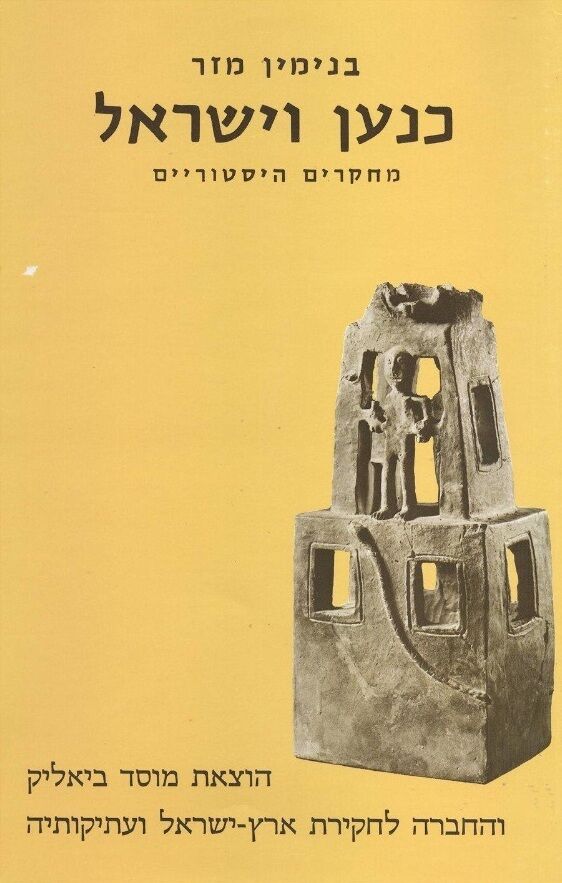
Another point that could be made here (and is further related to Wellhausen and minimalist scholarship in general) is with regard to the popular claim that these events, which occurred during the 10th century b.c.e., were the product of the imagination of Jewish writers centuries after the fact. Yet this evidence relating to the use and forms of Araunah’s name alone begs to differ: that the account gives a genuine reflection of this individual and the events surrounding him—including knowledge of these very early, demonstrably interchangeable forms of a Hurrian title.
But we are not yet finished with our analysis of this enigmatic individual. There remains one name mentioned in 2 Samuel 24 that we have not yet covered.
Last, But Not Least: Arniah
This is where things become a little more speculative—with the typical suggestion that this name should likewise be “fixed” to read Araunah. But there are a couple of observations that can be made about this variation of the name.
Arniah, with the Hebrew ending iah (יה), represents a theophoric name—specifically, a Yahweh-related name (the same as Jeremiah, Obadiah). This is interesting for a Jebusite individual. Furthermore, if Araunah and Avarnah represent two different case-forms of a title, this could leave open the possibility for another name—a personal one. Thus, could “Arniah” be the more direct, personal name of this individual? After all, following the titular the Avarnah in verse 16, “Arniah” is the first direct name we are introduced to for this person.
Regarding the use of a theophoric, “Yahwist” name (though not specifically describing the name Arniah), Prof. Benjamin Mazar posited that Araunah would have “adapted to his name an Israelite form, during the days of his service to David.” The name is “probably from ארן [Oren]” (Strong’s Exhaustive Concordance of the Bible), a word relating to a fir, cedar or ash tree, and its variant Aran, a name of uncertain meaning perhaps relating to “strength” or “joy.” Thus, Arniah possibly meaning something akin to a “tree of Yahweh” or “strength of Yahweh.”
Whatever the case, could this deference in name to the God of Israel, Yahweh, have had anything to do with his being allowed by David to continue to live and work so near to the now-conquered, former Jebusite fortress?
Conclusion of the Matter
The name (or names) of Araunah the Jebusite is, in the grand scheme of the whole Bible, a small matter. But it highlights a number of bigger issues: issues in translation, in interpretation, in perception of Bible authenticity and accuracy, and in the purpose of biblical archaeology, as imagined at its conception, “for biblical illustration.”
Questions remain as to the full nature of this enigmatic man. But to say that the “original form of the name can never be recovered”? As we have seen, just such a name was, quite literally, “recovered” out of the ground within barely a few short decades of the writing of those words. We therefore know Araunah was some kind of royal individual—a lord, or “king,” of sorts, as 2 Samuel 24:23 most plainly puts it. And one, evidently, with some kind of Hurrian, or Hurrian-influenced, background. One who found remarkable favor with King David, having been allowed to continue to live and farm due north of the formerly Jebusite city captured by the king.
And if anything, this individual serves as a warning—a warning against haphazardly jumping to conclusions to “fix” the biblical account. There’s a reason why these forms have survived to our day. After all—in the spirit of the wider David-Araunah account of a then-curse upon Israel—such is also pronounced on those who would seek to “add to or subtract” from the Scriptures (Deuteronomy 4:2, 12:32, etc.).
